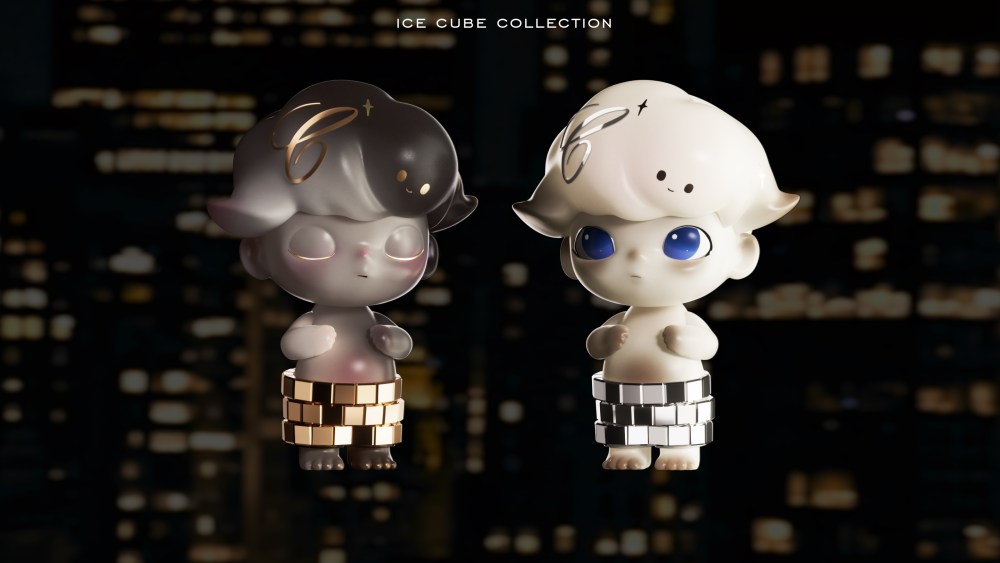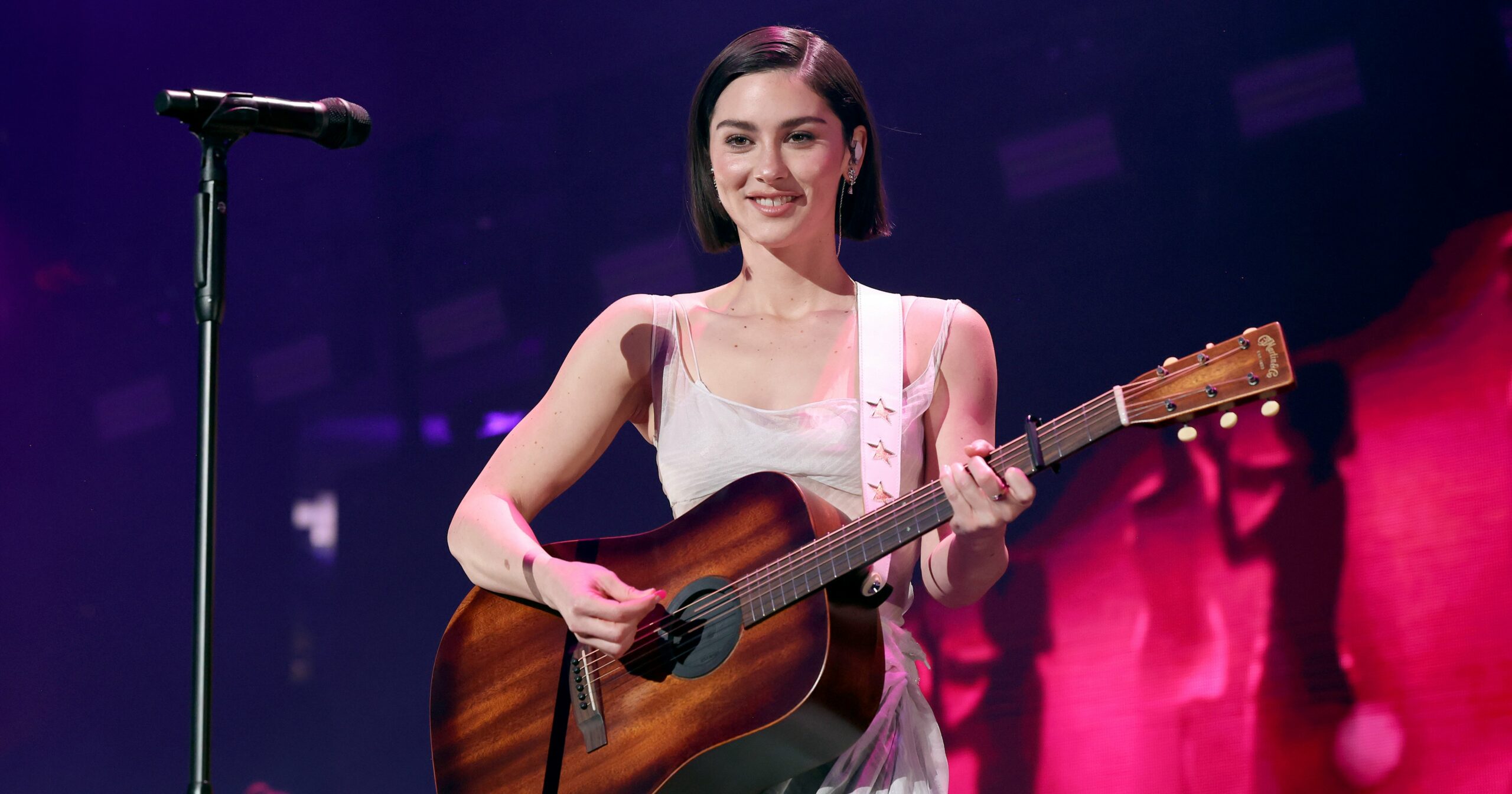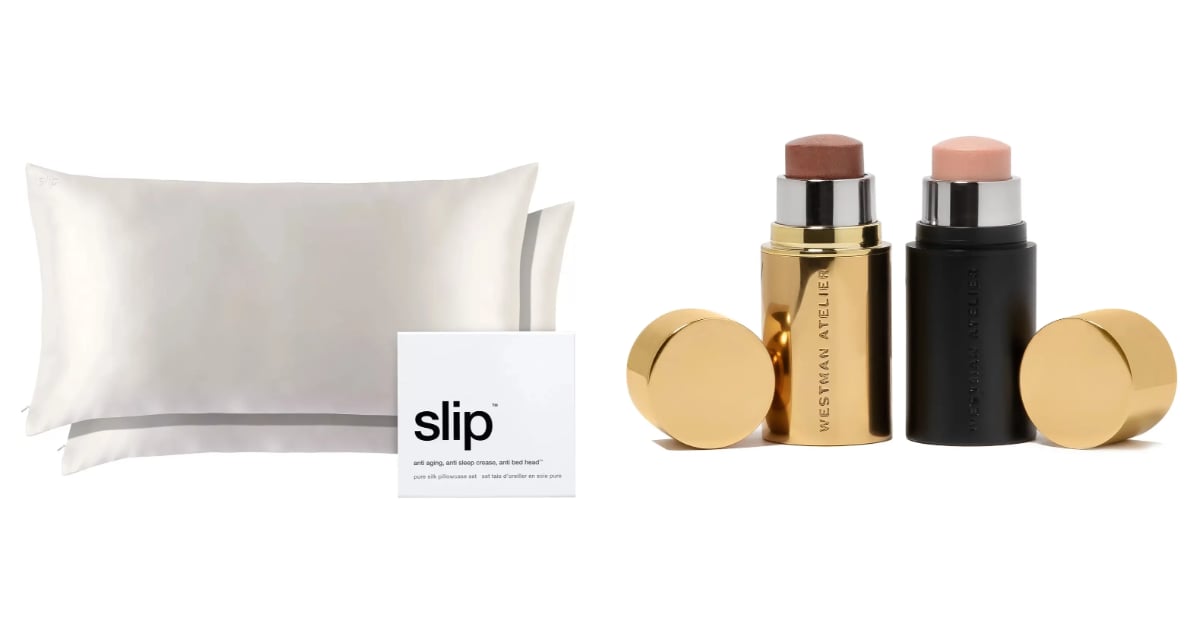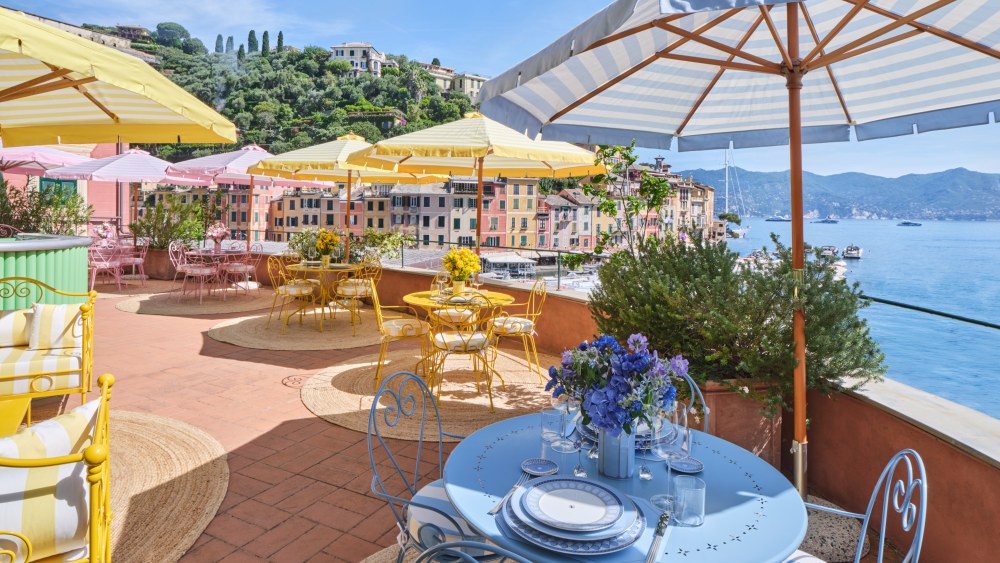The latest celebrity Chopard is dressing for Qixi, considered China’s Valentine’s Day, is only 13 centimeters tall.
Dimoo, a starry-eyed character imagined by Chinese artist Ayan Deng and turned into figurines by China’s Pop Mart, will be sporting the Swiss jeweler and watchmaker’s Ice Cube designs in limited-edition versions released exclusively in China.
With this crossover collaboration, Chopard hopes to “offer a truly unique and fascinating experience — one that sparks imagination, inspiration and delightful surprise — while also resonating deeply with China’s Gen Z and our clients,” said Tasso von Berlepsch, managing director of Chopard China.
Two of the figurines come as a set paired with Ice Cube gold necklaces, featuring a line of ice cube-inspired motifs half-set with diamonds.
You May Also Like
Matching the gold hue of the jewels, the accompanying Dimoo comes draped in three rows of shining cubes nodding to the jeweler’s design and has Chopard’s curling C initial adorning his hair.
Available for preorder via the Swiss brand’s official Tmall store, the 209 sets will go on sale from Friday for 25,199 renminbi, or around $3,500 at current exchange rates.
A third figurine, a larger 29-centimeter model with a translucent head containing an icy cityscape, comes in a limited run of 79 pieces for clients who purchase items from Chopard’s Ice Cube jewelry line at specific Chopard boutiques.

This is the latest hookup with luxury and fashion for Pop Mart, which is behind the viral Labubu doll seen on the likes of Blackpink’s Lalisa Manobal, Rihanna, Dua Lipa and recently Marc Jacobs, as well as other intellectual properties such as Skullpanda, Molly and Crybaby.
It collaborated with Sacai x Seventeen for highly limited Labubu plush toys that fetched as much as $31,250 each on Pharrell Williams‘ auction platform Joopiter; Balmain for a large-scale Molly figurine in 2024, and teamed with Hong Kong-based jeweler Chow Sang Sang for solid gold jewelry. A Uniqlo hookup is dropping in the late summer.
The Chinese toy and collectible company has also expanded its categories with the launch of its Popop jewelry line, which opened its first store in Shanghai in June.
Founded in 2010 by Wang Ning, Pop Mart kickstarted its global expansion following a blockbuster $676 million listing in Hong Kong in 2020. It has since opened stores in the U.S., the U.K., Austria, Belgium, Croatia, Czech Republic, Denmark, Estonia, Finland, France, New Zealand, Australia, South Korea, Singapore, Thailand, Vietnam and the Philippines, and has rolled out blind box vending machines in these regions.
On Thursday, it is opening its largest store yet, an expansive two-floor unit clocking in at 8,200 square feet that includes a café, in Bangkok’s Iconsiam luxury mall.

Riding the dopamine effect, which crystallized around affordable but hard-to-get small treats and dovetails with the end of the decade-long global luxury boom, has turbocharged Pop Mart’s 2024 performance.
Its full-year revenue hit 13.04 billion renminbi, a 106.9 percent jump. Net profit in the period soared 185.9 percent to 3.4 billion renminbi. Overseas revenue surged 375.2 percent to 5.07 billion renminbi, accounting for 38.9 percent of total revenue. Revenue from Labubu and the Monsters series climbed 726.6 percent year-over-year, becoming the company’s top-performing intellectual property.
And it is continuing to soar. According to data from Charm.io, the fluffy monster toy has helped Pop Mart’s sales on TikTok Shop U.S. grow from $429,259 in May 2024 to $4.8 million in May 2025.
Partial sales numbers from June indicate that the Chinese toy company has reached a new high on the platform, selling more than $5.5 million last month — a 1,828 percent increase from June 2024 to June 2025.
The data also reveals that Pop Mart’s revenue from the TikTok Shop U.S. in 2025 has already surpassed its total for the entire 2024 year by more than four times, with sales of $21.3 million on the platform so far in 2025.
On the stock market, the Hong Kong-listed Pop Mart has also soared. Its share price has more than quadrupled in the past year, with a current market capitalization of more than 366 billion Hong Kong dollars, or $46.63 billion, more than double that of Kering.



